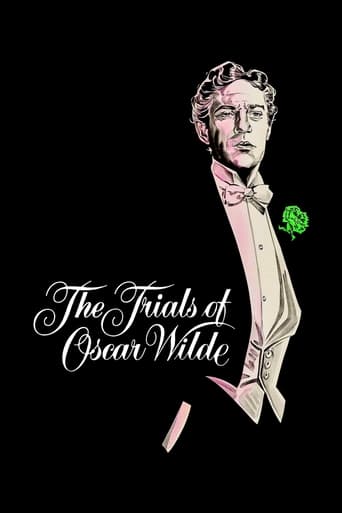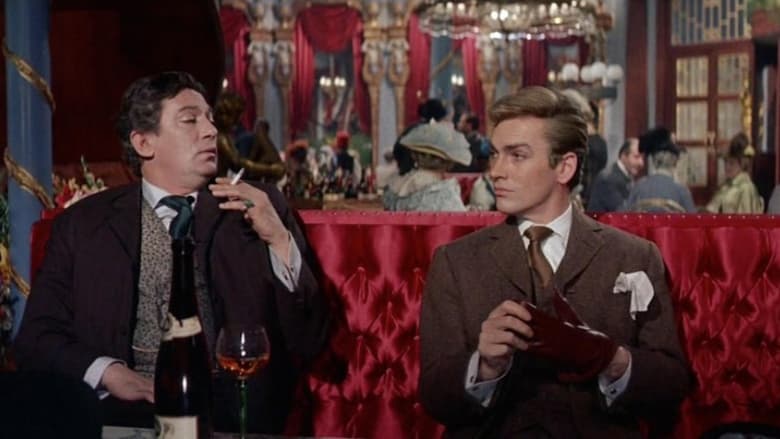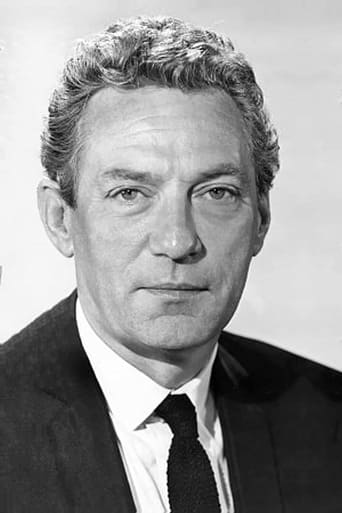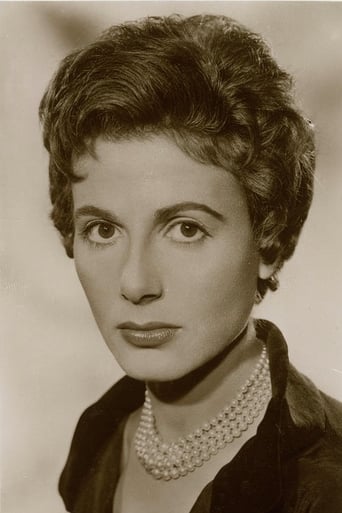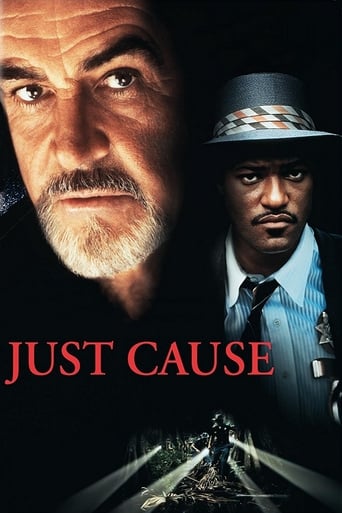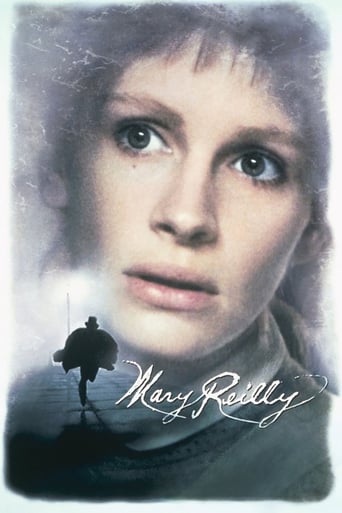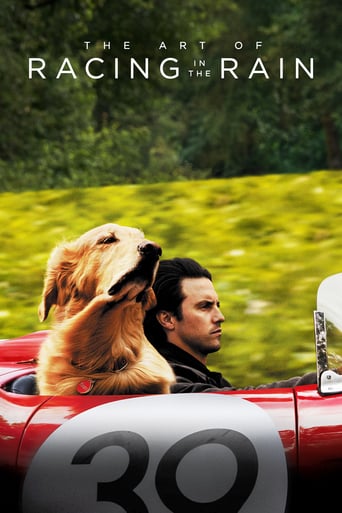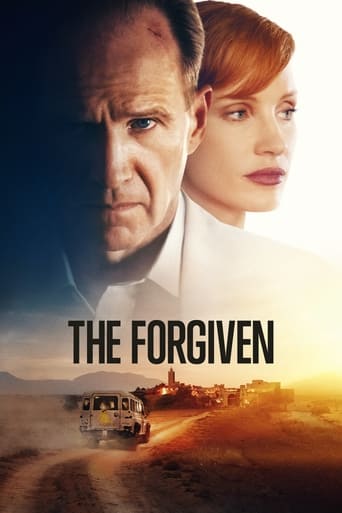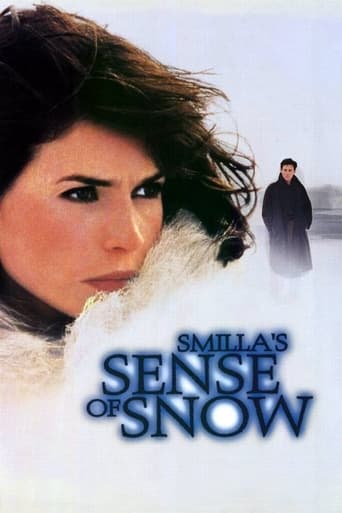The Trials of Oscar Wilde (1960)
England, 1890s. The brutal and embittered Marquis of Queensberry, who believes that his youngest son, Bosie, has an inappropriate relationship with the famous Irish writer Oscar Wilde, maintains an ongoing feud with the latter in order to ruin his reputation and cause his fall from grace.
Watch Trailer
Cast
Similar titles
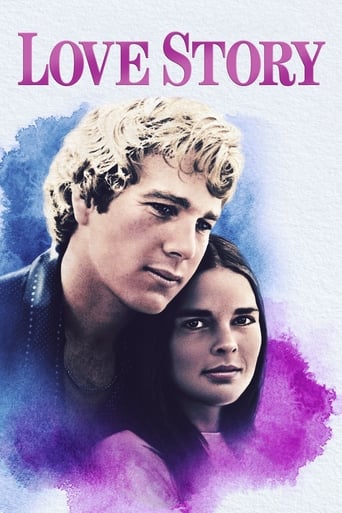
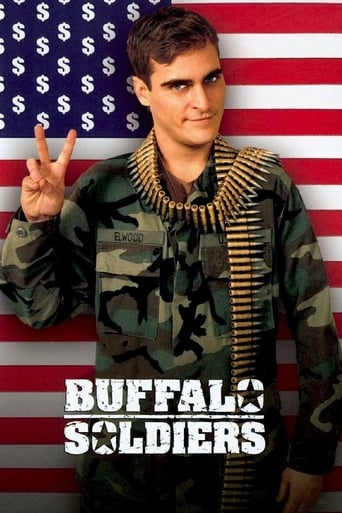
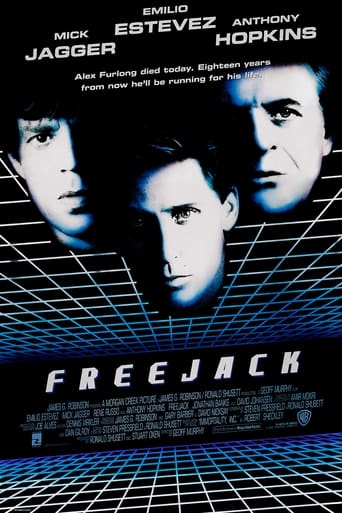

Reviews
Terrible acting, screenplay and direction.
I'll tell you why so serious
Excellent, Without a doubt!!
The performances transcend the film's tropes, grounding it in characters that feel more complete than this subgenre often produces.
There have been several renditions of the trials (and tribulations) of Oscar Wilde but this is the best. "Oscar Wilde," starring Robert Morley, had appeared two years earlier and was more typical of the way films had to stomp history into a Procrustean bed in order to fit the time slot and please the audience. As Wilde, Morley isn't a pouf but a sensitive soul. He's put on trial and spouts all the apothegms of Wilde's characters as if they were appearing for the first time, improvised on the spot.This version, "The Trials of Oscar Wilde", is longer, more demanding, more historically true, and generally superior. It's informative too. There wasn't "a" trial of Oscar Wilde; there were three trials all in all, one in which he was the plaintiff, one in which the crown prosecuted him and ended in a mistrial, and a third in which he was convicted and sent to Reading gaol ("jail", folks) for two years, during which he lost his wealth, his social status, and his family, and went into exile in Paris.It's not a comedy. At the height of his powers, Wilde has a pretty wife and two children whom he loves. He's also having an affair with the handsome young Lord Alfred Douglas ("Bosie"), son of the Marquis of Queensberry. Whether the affair is Platonic or assumes more physical dimensions, we never find out. Nor in the end does it matter.We don't get to hear the evidence brought against Wilde by four or five scalawags whose integrity is in doubt. Presumably their testimony involved sodomy, delicately expressed. But their stories are tainted enough that we can conclude Wilde was convicted because he LOOKED and ACTED queer. He was tried in the press and was guilty. This was in 1893 in Victoria's notoriously prudent England, but it happens all the time. We're quick to leap on the suggestion of guilt in popular figures. America has just done it now in the case of a once popular entertainer, Bill Cosby. "Schadenfreude" was Freud's word for it, the pleasure taken in seeing others suffer.Most of the characters are given two dimensions except perhaps for the Marquis of Queensberry, the reliable Lionel Jeffries, who is a flat-out, half-deranged sadist. The proximate cause of Wilde's trials, the extraordinarily handsome Bosie, John Fraser, is a moral imbecile, a psychopath, but like other psychopaths he's good at scanning others and generating sympathy for himself. All that's keeping him from being thoroughly "evil" is a German umlaut.Two events are understandably left out. One is Wilde's experience in prison. He did hard time in the sense of back-busting physical labor. Yet he managed to produce one of his better-known poems, "The Ballad of Reading Gaol," from which we get lines like: "Yet each man kills the things he loves" Another absentee is Wilde's death in a modest Paris lodging house, a place he loathed. A visitor found him dying in his bed, staring at the wall. And Wilde said, "Either this wallpaper has to go or I do." He's buried in Père Lachaise Cemetery along with Chopin, Molière, Jim Morrison, and (most aptly) Helois and Abelarde.I found the acting, the writing, and the direction all pretty much above what I'd expected. As Wilde, Peter Finch has to be very careful, as if walking a tightrope. He never acts effeminate except in dire situations, threatened by a knife or pummeled by unwanted visitors. As Bosie, Fraser is a perfectly spoiled and selfish brat. James Mason makes a brief appearance as the court's prosecutor, the guy who was Wilde's classmate at Oxford. ("No doubt he'll treat me with all the bitterness of an old friend.") It's hard to recall a better written summary of the defense than that given by Nigel Patrick as Wilde's barrister and it's difficult to beat Wilde's definition of "the love that dare not speak its name" while on the stand.It's a superior movie.
For a movie made in 1960, The Trials of Oscar Wilde was probably ahead of its time, given the general taboo against open discussion of homosexuality in that era. Just guessing, but it also may have gained the inordinate attention of the censors (such as the old Catholic Legion of Decency). I first became aware of it only the other day (Sept. 2005), when it was shown on Turner Classic Movies here in the USA. I can't believe this was the first time that a relatively tame, 45-year-old movie has been shown on American TV, but I wonder. The movie tiptoes diplomatically around the "elephant in the room," but its central theme and the intent of the producers are clear enough for adult moviegoers. (I can't remember the word "homosexual" being uttered in the dialogue, but there were unmistakable surrogates, such as "sodomite.") As a heterosexual, far be it from me to ask this question, but notwithstanding Peter Finch's fine performance in the lead role, isn't his movie "Wilde" a more masculine portrayal than the historical Wilde? Perhaps this was also a necessary concession to the time in which it was made. In any case, I also offer this spelling nitpick: the Encyclopaedia Britannica (1982) refers to Wilde's nemesis as the "Marquess of Queensberry," not "Queensbury." Also, the rules of boxing are the "Marquess of Queensberry rules."
Ken Hughes film 'The Trials of Oscar Wilde' may at first appear to be one of those cheesy Technicolor costume dramas when in fact it is a gripping and finely acted account of the appalling treatment Oscar Wilde received at the hands of the English justice system at the end of the 19th century.Peter Finch is superb as the eponymous hero and is totally committed to the role and turns in one of his best performances on screen. The supporting cast is also quite good if more generalized in their characterizations, more a fault of the screenplay than the performers. There is one especially fine supporting performance from Lionel Jeffries as the maniacal Lord Queensbury. Jeffries plays Queensbury as a crazed brute, a type of man we can no longer countenance in these days, though I suspect they are still out there waiting for their chance to pounce on those who they fear and do not understand.Sonia Dresdel is Lady Wilde, Oscar's dotty mother at the end of her life. It's a small part but is quietly powerful. Other people in Wilde's life, Constance, his wife, and Ada Leverson, his stalwart friend and life-long supporter, are tantalizingly glimpsed but little is revealed of their inner workings. But this isn't a film about them but about the actual trials and much of the film is spent in courtrooms. This might sound boring but it isn't.James Mason appears in the first trial as the defending witness, for Lord Queensbury, and a more vicious, narrow-minded lawyer could hardly be found, even these days.The technical credits are competent if nothing special; the music, melodramatic in a soap-opera-ish way, the sets plush and too clean. But somehow the power and tragedy of Wilde's story comes through all the gilding of the script, peppered with some of Wilde's wiser quotes, well-placed, naturally, in the text. There is nothing preachy or moralistic which is a relief, compared to the highly politicized scripts being written since this film was made.It is interesting to note Nicholas Roeg as the camera operator. He wasn't the cinematographer but I detected a few Roeg-ish touches in a couple of the more meditative scenes.This is not a film to be sluffed off as old-fashioned simply because there are no sex scenes or vulgar language or violence. The psychic violence suffered by Oscar Wilde was quite sufficient enough and this is a memorable film, worth having in the collection.
I can't find fault with one thing. My favourite film. I love Wilde, and this really just captured everything. I found this accurate, witty and touching. The court case in particular moved me, as did Finch's portrayal of the man himself. This is excellent and has stood the test of time.
